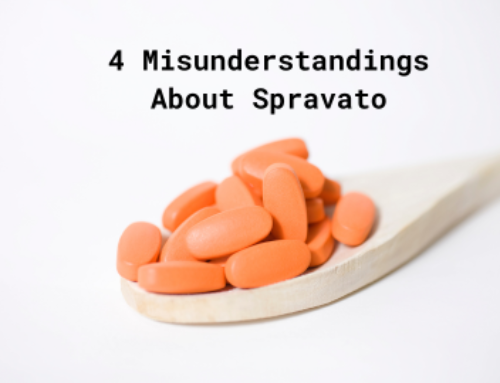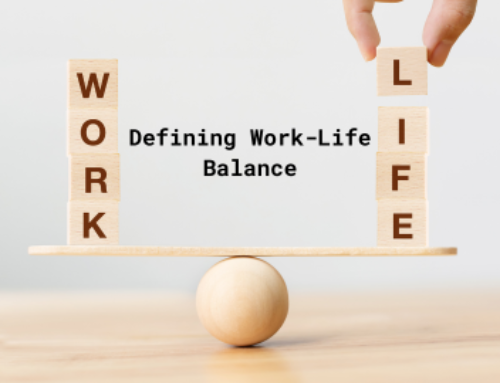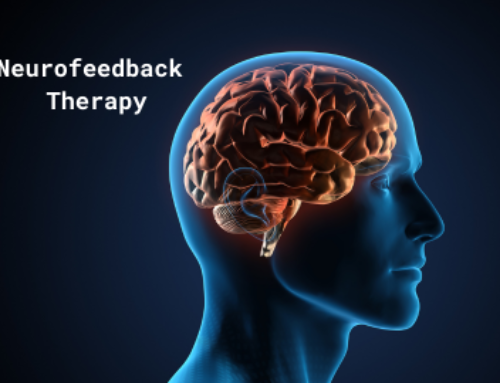Here’s to 2020
A resolution can happen any time of year, but right now, when improving habits is at the front of our minds, we want to take this opportunity to outline some healthy changes you can make in 2020. No matter your situation or level of ability, these tips will help you as you develop good habits.
Take Stock of Your Physical Health
Don’t forget, your brain is a body part, and our physical health is closely linked to our mental health. Consider these factors:
- Are you sleeping enough, or too much? Sleep disturbance is a common side effect of depression and anxiety.
- How’s your diet? Remember to drink plenty of water, avoid fad diets, and pay attention to allergies and intolerances.
- When did you last see a doctor or dentist? Be an advocate for yourself when it comes to medicine and treatment.
Have Mercy on Yourself
We often punish ourselves for things we would forgive in others. It’s important to acknowledge our actions and take responsibility, but guilt and shame wastes time and does not produce useful results.
- When you make a mistake, make things right but don’t punish yourself unduly.
- Don’t blame yourself for things you can’t control.
- Give yourself time! Pushing yourself too hard and trying to cement good habits and mechanisms overnight will only lead to exhaustion and discouragement. Try starting with one area of your life, and choose the first thing you want to change carefully.
Be Honest With Yourself
Sometimes we need to step back and evaluate our actions and ways of thinking. Acknowledge your feelings for what they are without judgment.
- I am feeling (insert emotion here). Name your feelings.
- Consider, why am I feeling this way? What will I do about it? What are my unhelpful impulses? Do I have a constructive solution for this?
- Choose your method. Some people like to talk to themselves, some like to journal. Recording your thoughts can be effective not only for discharging your emotions and expressing yourself, but you can spot patterns, triggers, and coping mechanisms that work and don’t work.
Stimulate Your Mind
Boredom is not helpful for mental health. It leads to rumination, can worsen depression, and makes it easier to get into a rut that gets harder to get out of the longer you’re in it. Boredom can interfere with your self-worth and can tempt you to revisit bad habits. Instead:
- Try learning a new skill. Whether it’s crocheting throw blankets, healthy cooking, or indentifying trees, choose something that sparks your curiosity. Or, take a course or volunteer for a cause dear to you.
- Try a new hobby. The wonderful thing about skills and hobbies is that they intersect, and can be done alone or in a group. It’s ok to do things just for the fun of it.
- Read more. There are more options now than ever before- paper books, Kindles, audiobooks, PDFs, and more. Reading lights up the language centers of our brains, strengthens memory, and can soothe stress.
Make Social Media Work for You
Follow sites and accounts that do you good instead of bring you down. Watch your level of attachment to social media, as it can be destructive if it is your main source of validation. Social media should serve you, not the other way around.
- Find spaces where you can speak freely and find empathy.
- It can feel awkward sending a message to someone you haven’t spoken with in a while, but it’s a necessary first step.
- Curate your online space. We should expose ourselves to knowledge and different perspectives, but your online world is yours to create.




